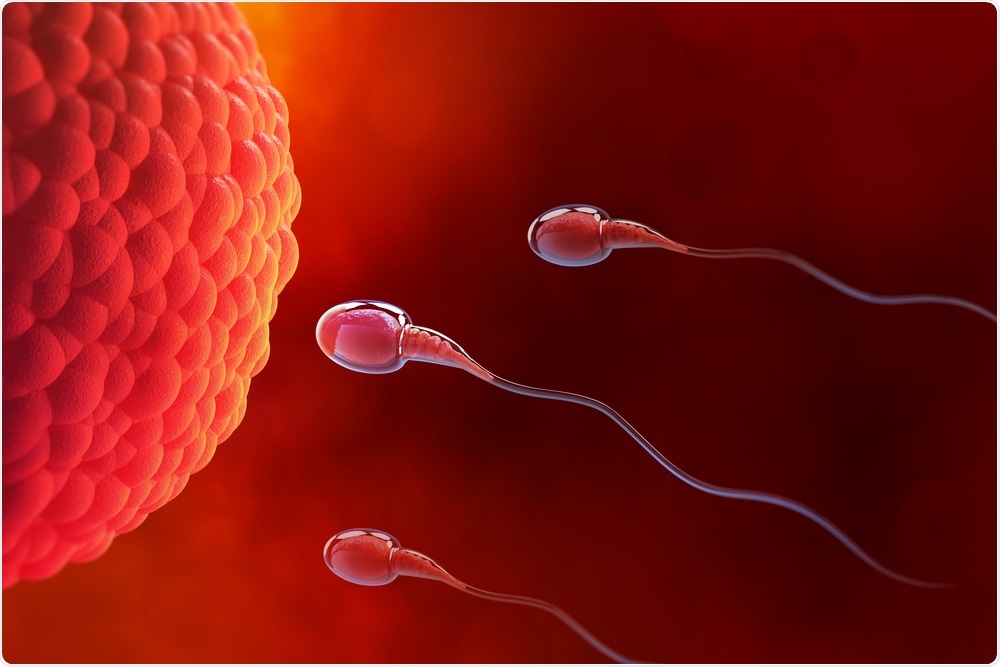A new study from the University of California suggests that if the epigenetics of sperm chromosomes are altered by the environment a father experiences, then this could affect offspring’s health.
 Image Credit: Yurchanka Siarhei / Shutterstock
Image Credit: Yurchanka Siarhei / Shutterstock
Using the roundworm Caenorhabditis elegans, Susan Strome and team showed how epigenetic marks on chromosomes or “epigenetic memory” is transmitted from parents to offspring by sperm.
They also showed that the epigenetic memory transmitted by sperm to an embryo is needed to guide the healthy development of germ cells in offspring.
The team looked at a particular epigenetic marker referred to as H3K27me3, a well-known marker of repressed gene expression.
When Strome and team removed the mark form chromosomes in sperm, they found that the majority of the offspring were sterile.
They then went on to investigate whether the presence of the mark is enough to guide proper germ cell development.
The team analyzed a mutant worm in which sperm and egg chromosomes are separated from one another during the first cell division following fertilization.
This unusual separation pattern enabled the researchers to produce worms with a germline that only inherited sperm chromosomes and sperm epigenetic marks.
These worms were all found to be fertile and to express normal gene patterns.
These findings show that the DNA packaging in sperm is important, because offspring that did not inherit normal sperm epigenetic marks were sterile, and it is sufficient for normal germline development.”
Susan Strome, Lead Author
Although the study demonstrates that the transmission of epigenetic information by sperm is crucial to normal development, it does not explain how factors a father is exposed to can affect his offspring’s health.
Strome and colleagues are now exploring this, using worms that have been given alcohol or been starved before they reproduce.
The goal is to analyze how the chromatin packaging changes in the parent. Whatever gets passed on to the offspring has to go through the germ cells.
We want to know which cells experience the environmental factors, how they transmit that information to the germ cells, what changes in the germ cells, and how that impacts the offspring."
Susan Strome, Lead Author